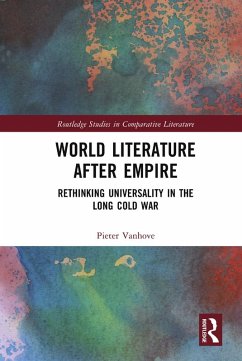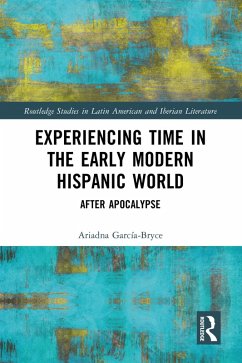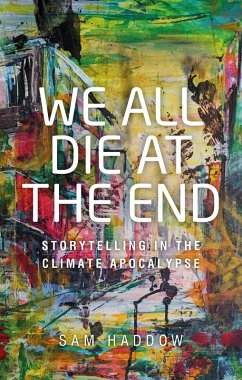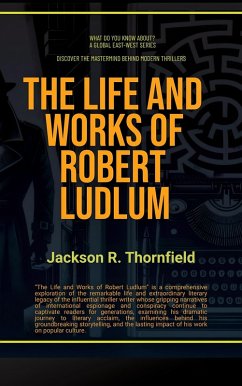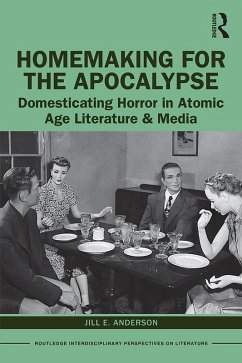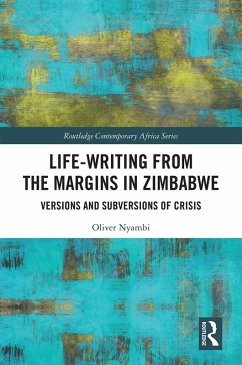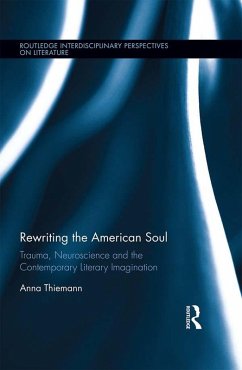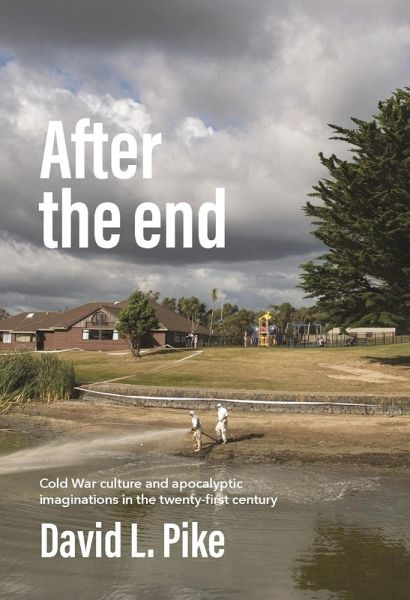
After the end (eBook, ePUB)
Cold War culture and apocalyptic imaginations in the twenty-first century
Versandkostenfrei!
Sofort per Download lieferbar
86,95 €
inkl. MwSt.
Weitere Ausgaben:

PAYBACK Punkte
43 °P sammeln!
After the End argues that the cultural imaginaries and practices of the Cold War continue to deeply shape the present in profound but largely unnoticed ways across the global North and in the global South. The argument draws examples from literature and literary criticism, film, music, the historical and social scientific record and past and present physical sites to consider the bunker as a material form, an image and as a fantasy that took shape in the global North in the 1960s and that spread globally into the twenty-first century. After the End reminds us not only that most of the world's ...
After the End argues that the cultural imaginaries and practices of the Cold War continue to deeply shape the present in profound but largely unnoticed ways across the global North and in the global South. The argument draws examples from literature and literary criticism, film, music, the historical and social scientific record and past and present physical sites to consider the bunker as a material form, an image and as a fantasy that took shape in the global North in the 1960s and that spread globally into the twenty-first century. After the End reminds us not only that most of the world's peoples have lived with or died from apocalyptic conditions for centuries, but that the Cold War imaginaries that grew from and fed those conditions, continue to survive as well.
Dieser Download kann aus rechtlichen Gründen nur mit Rechnungsadresse in A, D ausgeliefert werden.




